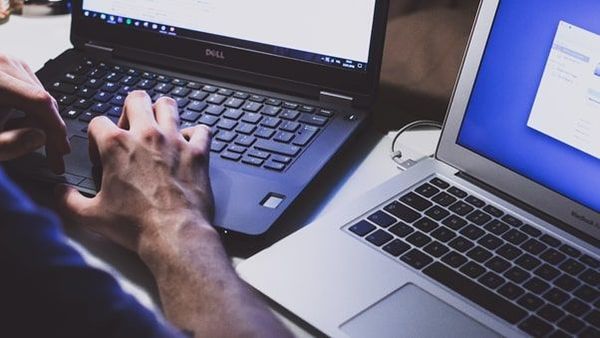Midday may be the best time to take an oral exam, interview for a job, or even go on trial, a new study has found.
Researchers at Italy’s University of Messina found a significant difference in students’ pass rates in the late morning compared to early morning or late afternoon.
At 12pm the students’ passing rate was 72 per cent, compared to 54 per cent at 8am and 51 per cent at 4pm. Pass rates at 11am and 1pm were slightly lower at 67 per cent.
“We show that academic assessment outcomes vary systematically across the day, with a clear peak in passing rates around midday,” said Professor Carmelo Mario Vicario.
“Students were more likely to pass in late morning compared with early morning or late afternoon,” he said. “We believe this pattern could extend to job interviews or any evaluative process scheduled throughout the day.”
The study was based on the outcome of 104,552 assessments delivered by 680 examiners for 1,243 courses. The researchers chose to look at university oral exams, which are more subjective and aren’t marked solely on correct answers, but also on delivery.
It follows research showing that judges are more likely to rule in favour of a defendant at the start of sessions or after meal breaks.
However, it is thought that this could also come down to the types of cases that are heard at different times of day.

While the study could not identify the exact cause, it said the midday peak was consistent with evidence that cognitive performance improves over the morning and declines during the afternoon.
The report said this could be due to the students’ falling energy levels, as well as professors’, who may give a harsher mark if they are experiencing decision fatigue.
Researchers also said that it could be a result of students and professors competing chronotypes, the body’s natural preference of sleeping times.
“People in their early 20s are usually night owls, while people in their 40s or older tend to be morning larks. The students might be least cognitively sharp at the time when the professors are most alert.”
Prof Vicario suggested that to counteract these effects, students would benefit from better sleep, mental breaks, and scheduling exams outside of personal low periods.
“For institutions, delaying morning sessions or clustering key assessments in the late morning may improve outcomes.
“We believe this pattern could extend to job interviews or any evaluative process scheduled throughout the day.
“We would be very interested in investigating whether hiring decisions, too, fluctuate in fairness or outcome depending on time of day.”
‘Unacceptable’ for pupils to use AI to complete coursework, public says
Record 8,000 US students apply to UK universities amid Trump’s college crackdown
The new reason state schools are falling behind private schools
AI tool created to monitor barn owl chicks without disturbing nesting sites
Mystery petroglyphs dating back at least 500 years reappear on public beach
Spiders may have originated in the ocean before adapting to live on land







